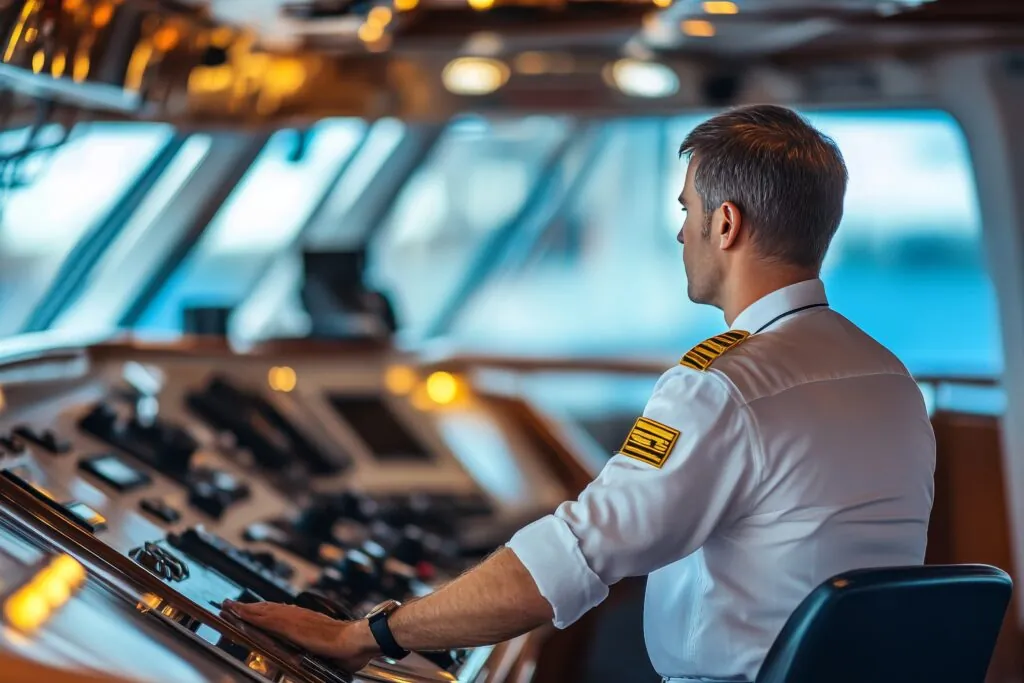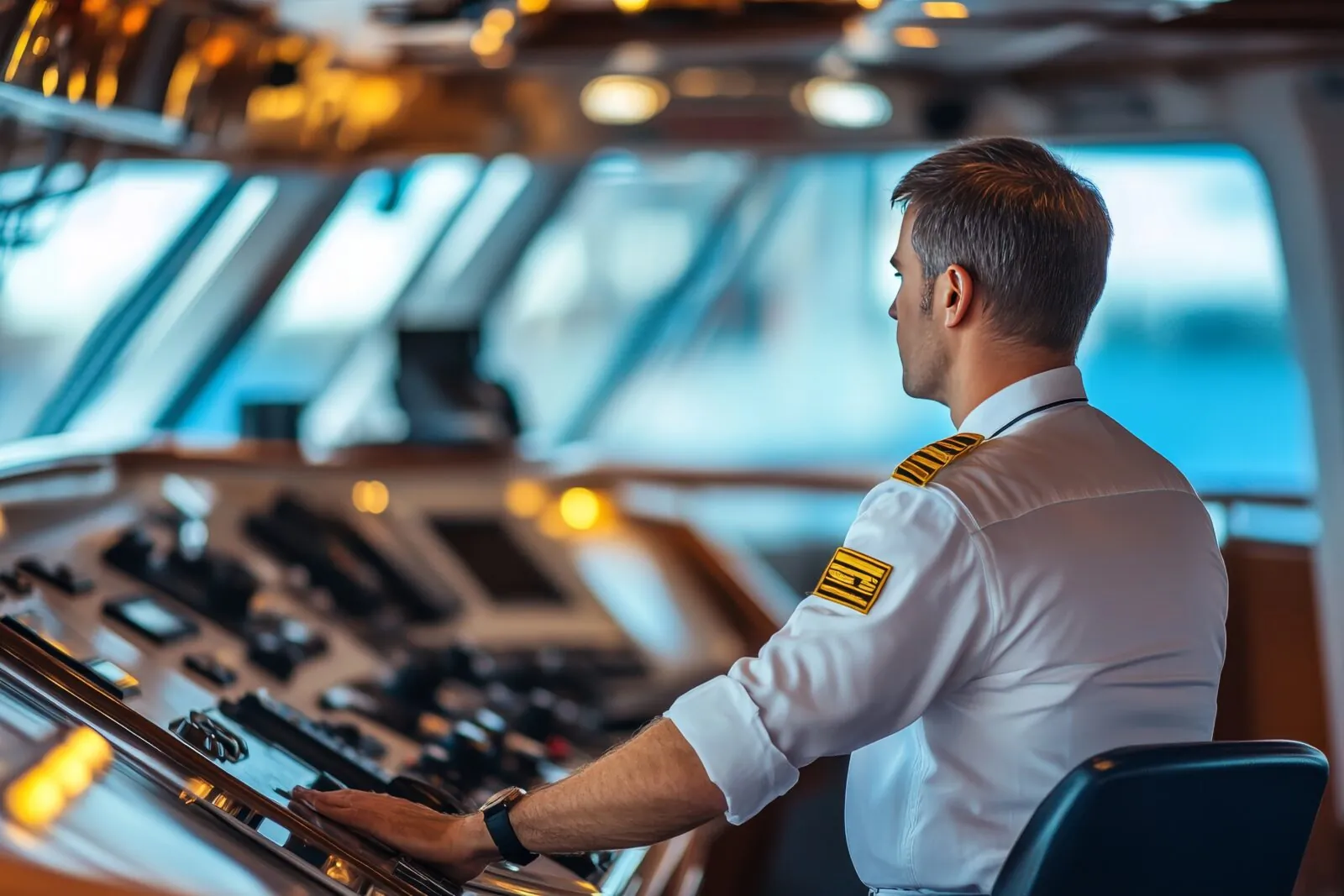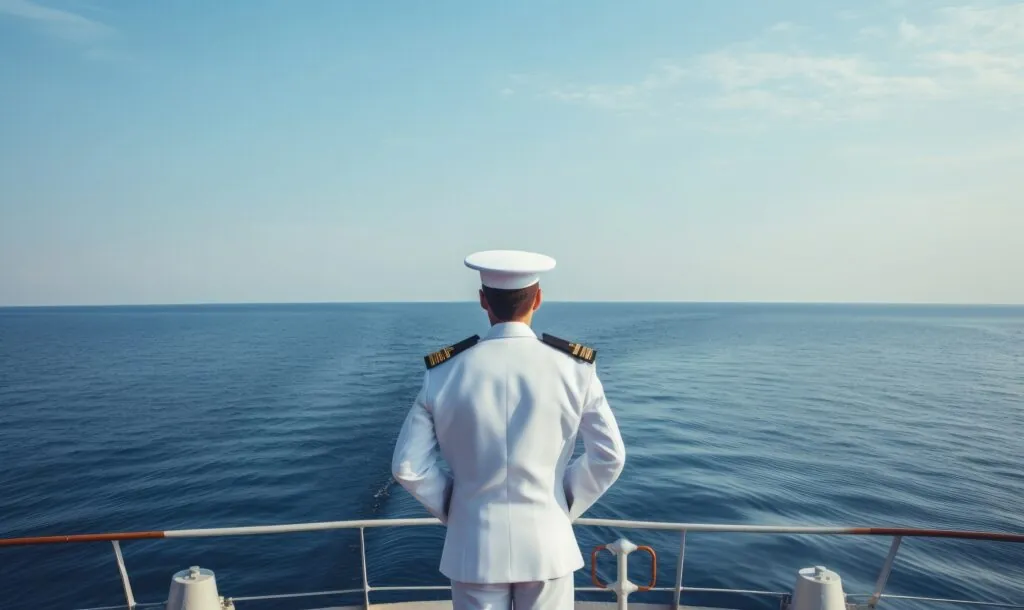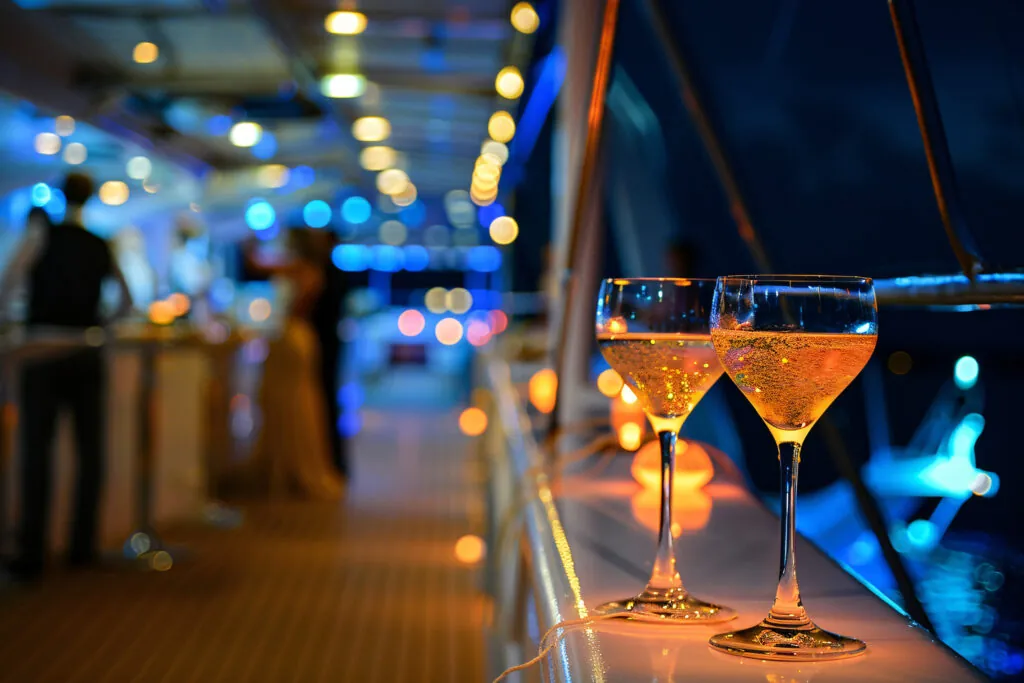Security Failures on Cruise Ships and the Risk of Assault
Cruise vacations are often portrayed as idyllic getaways, offering luxury, entertainment, and exotic destinations. However, behind the façade of fun and relaxation lies a growing concern—cruise ship security failures. From surveillance gaps to inadequate safety regulations, these issues have led to rising assault risks and other criminal activities on cruise ships. This article explores the complexities of cruise ship security, including crime statistics, safety loopholes, and practical tips for staying safe on your next voyage.

Overview of Cruise Ship Security
How Cruise Lines Ensure Passenger Safety
Cruise lines invest heavily in security measures to ensure passenger safety. These measures typically include:
- Surveillance Systems: CCTV cameras are strategically placed in public areas to monitor activity.
- Security Personnel: Trained security teams are onboard to handle emergencies and enforce safety protocols.
- Access Control: Passengers are issued key cards that restrict access to cabins and certain areas on the ship.
- Emergency Drills and Protocols: Passengers participate in safety drills to familiarize themselves with emergency procedures.
Common Security Measures on Cruise Ships
While cruise ships implement a range of security measures, there are limitations:
- Surveillance Gaps: Not all areas are under surveillance, leaving blind spots that criminals can exploit.
- Jurisdictional Limitations: Crimes committed in international waters often fall under complex legal jurisdictions, complicating law enforcement.
- Inconsistent Security Training: Security personnel on cruise ships may not receive the same level of training as land-based law enforcement.
Limitations of Current Security Protocols
Despite these security measures, limitations exist:
- Camera Limitations: Surveillance cameras have blind spots and are sometimes outdated, compromising security.
- Understaffing: Security teams are often understaffed, affecting their ability to respond promptly.
- Jurisdictional Challenges: Crimes committed at sea are subject to international maritime laws, which can complicate investigations and prosecutions.
Cruise Ship Security Failures
High-Profile Cases and Statistics
According to recent cruise ship crime statistics, crimes like sexual assault and theft are more common than most passengers realize. The International Cruise Victims Association reports that over 50% of criminal incidents reported on cruise ships are sexual assaults, often involving crew members. Additionally, violent crimes and thefts are frequently underreported, leaving victims without justice.
Common Causes of Security Failures
Several factors contribute to cruise ship security failures:
- Inadequate Surveillance Systems: Outdated cameras and surveillance blind spots create vulnerabilities.
- Insufficient Security Staff: Understaffing leads to delayed responses and ineffective monitoring.
- Jurisdictional Loopholes: Complex legal jurisdictions hinder law enforcement, leading to gaps in accountability.
Impact on Passenger Safety and Well-being
The impact of security failures on passengers is profound:
- Emotional and Psychological Trauma: Victims of assault and crime often experience long-term trauma.
- Lack of Legal Recourse: Due to jurisdictional complexities, victims face challenges in pursuing legal action.
- Erosion of Trust: Security failures undermine passenger confidence in cruise lines’ ability to ensure safety.
Assault Risks and Crime Statistics on Cruise Ships
Sexual Assault Incidents on Cruises
Sexual assaults are one of the most common crimes reported on cruise ships. The U.S. Department of Transportation mandates that cruise lines report sexual assaults, yet experts believe many cases go unreported due to fear, stigma, or perceived futility.
Violent Crimes and Security Gaps
Violent crimes, including physical assaults and theft, are also prevalent. Factors contributing to these incidents include:
- Alcohol Consumption: Excessive drinking is common on cruises, leading to increased aggression and vulnerability.
- Isolated Environments: The confined space of a cruise ship makes it challenging for victims to escape dangerous situations.
- Underreporting: Due to fear of retaliation or disbelief in the justice system, many victims do not report violent crimes.
Underreporting and Crime Cover-Ups on Cruises
Several reports suggest that cruise lines may underreport crimes to protect their reputation. This lack of transparency prevents accurate crime statistics and hinders accountability.
Security Loopholes on Cruise Lines
Surveillance Gaps and Camera Limitations
Cruise ships rely heavily on surveillance cameras, but limitations exist:
- Blind Spots: Not all areas are under surveillance, particularly cabins, balconies, and some corridors.
- Low-Resolution Cameras: Outdated cameras often produce low-quality footage, hindering investigations.
- Lack of Real-Time Monitoring: Surveillance footage is typically reviewed after an incident, limiting proactive intervention.
Jurisdiction Issues and Law Enforcement Challenges
One of the most significant challenges in cruise ship security is jurisdiction. When a crime occurs at sea, the ship’s flag state (the country under whose laws the ship is registered) usually has legal authority. This creates complications because:
- Flag States Vary in Law Enforcement Rigor: Some countries have lax law enforcement, resulting in inadequate investigations.
- Delayed Legal Proceedings: Victims may have to navigate international legal systems, causing delays in justice.
Inadequate Security Training and Protocols
Security personnel on cruise ships are often not adequately trained:
- Limited Law Enforcement Powers: Security officers lack the authority to arrest or detain suspects beyond initial containment.
- Inconsistent Training Standards: Training varies by cruise line, leading to inconsistent security enforcement.
Cruise Line Safety Regulations and Accountability
Current Laws Governing Cruise Ship Security
Cruise ships operating from U.S. ports must comply with the Cruise Vessel Security and Safety Act (CVSSA), which mandates:
- Security Cameras: Requirement to maintain a centralized security system.
- Reporting Crimes: Obligation to report serious crimes to the FBI.
- Security Personnel Training: Mandated security training for personnel.
Legal Gaps and Passenger Rights
Despite regulations, legal gaps exist:
- Jurisdictional Complexities: Crimes committed in international waters fall under the ship’s flag state jurisdiction.
- Limited Passenger Rights: Passengers have limited legal recourse due to international maritime laws.
Industry Accountability and Proposed Reforms
Advocacy groups are calling for reforms:
- Enhanced Surveillance Systems: High-resolution cameras and real-time monitoring.
- Standardized Security Training: Uniform security training standards across all cruise lines.
- Transparent Crime Reporting: Public access to crime statistics and incident reports.
How to Stay Safe on a Cruise Vacation
Practical Safety Tips for Passengers
- Stay in Public Areas: Avoid isolated locations, especially at night.
- Secure Your Cabin: Use the deadbolt and peephole before opening the door.
- Keep Valuables Safe: Store valuables in in-cabin safes.
- Travel in Groups: Stay with trusted companions to reduce vulnerability.
What to Do if Assaulted or in Danger
- Report Immediately: Notify cruise security and medical personnel.
- Preserve Evidence: Avoid showering or changing clothes to preserve forensic evidence.
- Contact Law Enforcement: Report the crime to the appropriate authorities.
How to Report Crimes on Cruise Ships
- Inform Cruise Security: File an incident report with the ship’s security team.
- Notify Law Enforcement: Contact the FBI if the incident occurred in international waters.
- Seek Consular Assistance: U.S. citizens can seek help from the nearest U.S. embassy.
Frequently Asked Questions About Cruise Ship Security Failures
How common are assaults on cruise ships?
Assaults are more common than reported due to underreporting and legal complexities.
Can cruise ships cover up crimes?
Allegations suggest that some cruise lines may underreport incidents to maintain their reputation.
Are cruise ship security guards effective?
Security guards have limited authority and inconsistent training standards, impacting their effectiveness.
How safe are luxury cruise lines compared to budget cruises?
Safety measures vary, but luxury lines may have more advanced security systems.
Contact The Cruise Injury Law Firm
If you or someone you know has been a victim of a crime on a cruise ship, it’s essential to seek legal help. Contact The Cruise Injury Law Firm to understand your rights and pursue justice. Don’t let jurisdictional complexities hinder your quest for accountability and compensation.
Cruise vacations should be a safe and enjoyable experience—let’s hold the industry accountable for passenger safety.






